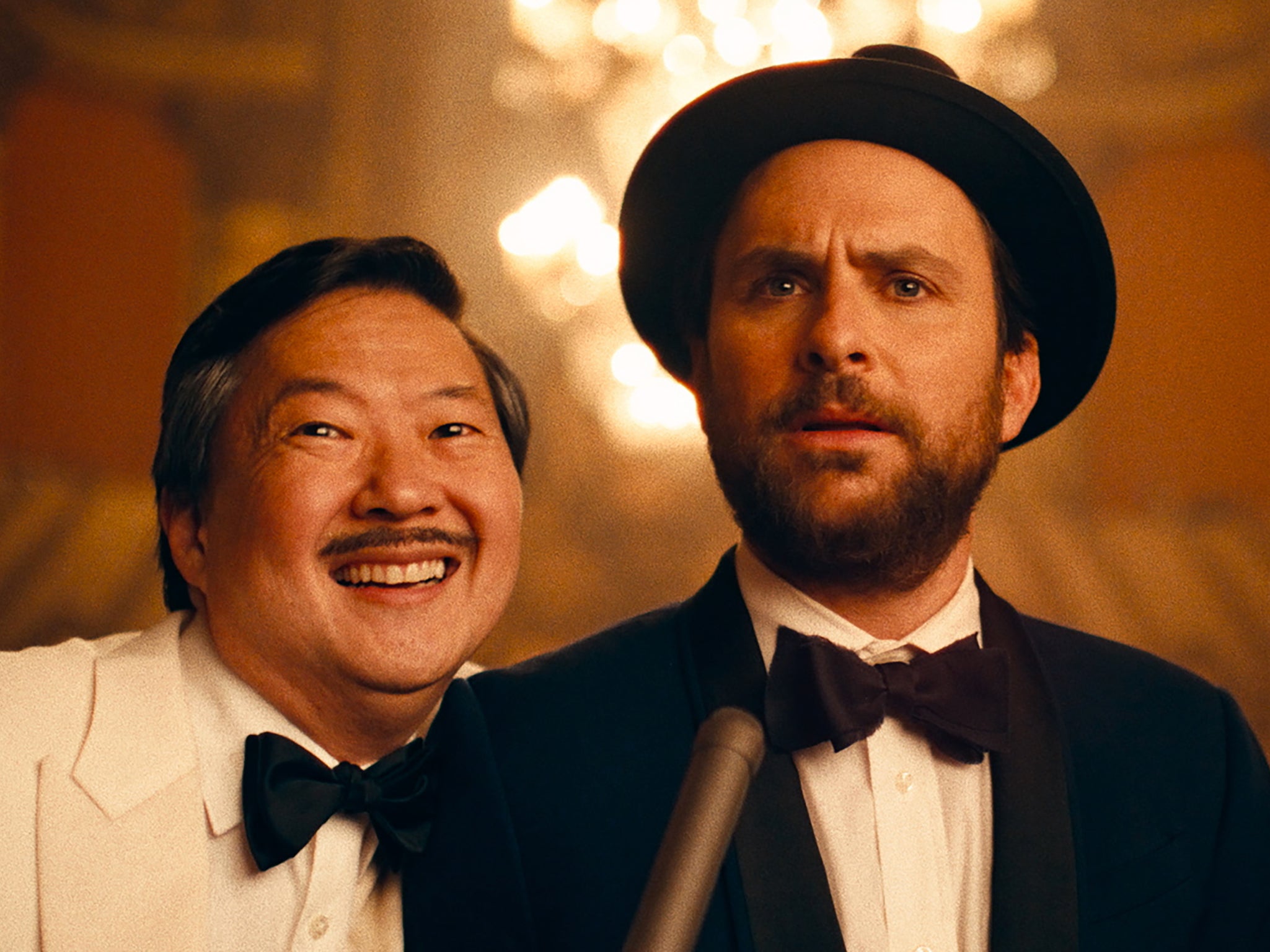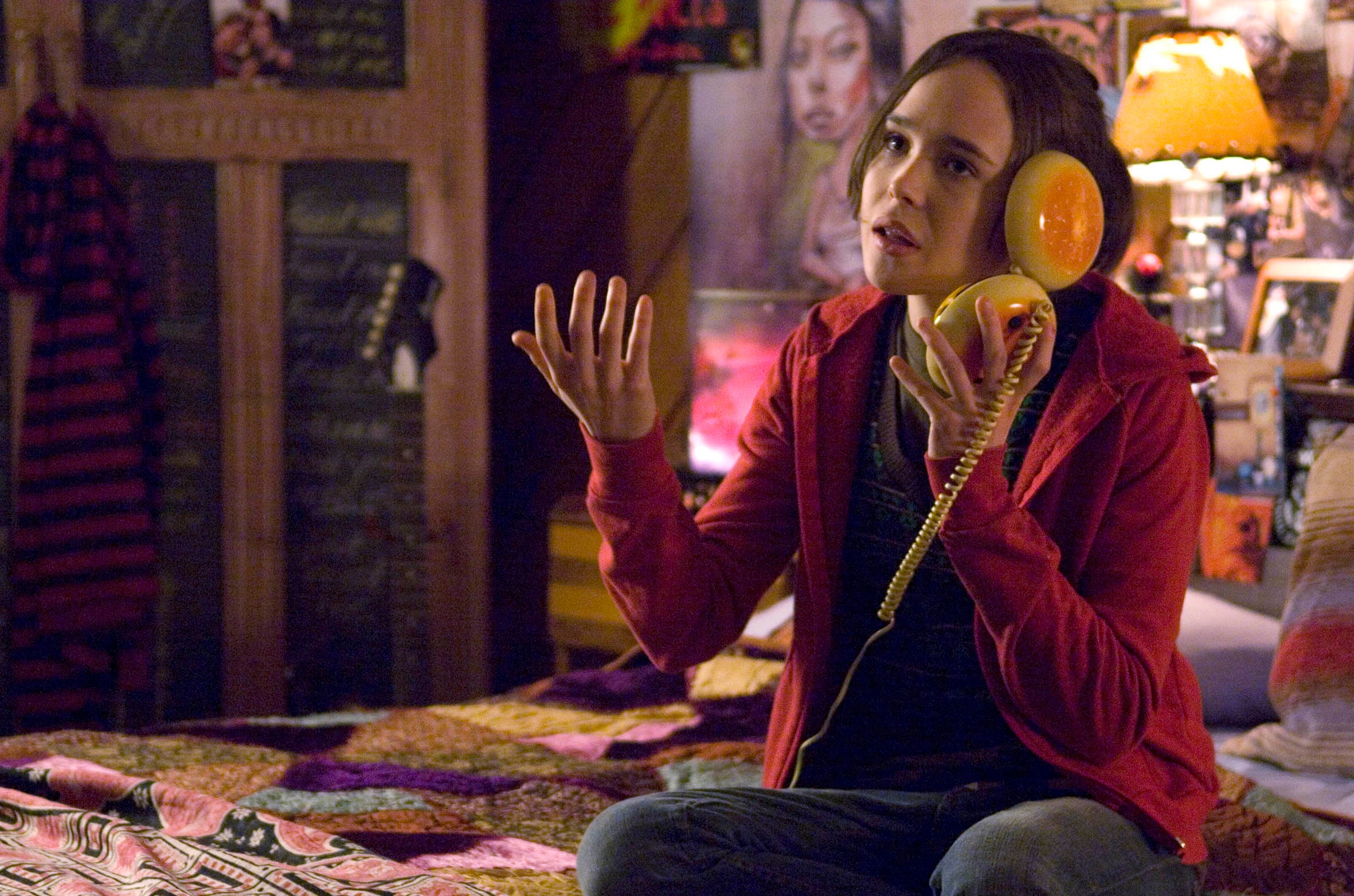17 movies where viewers completely missed the point
From ‘Juno’ to ‘Fight Club’, Louis Chilton picks 17 films that have been misunderstood


Look, we’ve all done it: left the cinema and wondered, “what did I just see?”
Some of the most popular films ever made have also been the most befuddling, with a few leaving viewers with a complete misunderstanding of what they’re even about.
Whether we’re talking about quirky comedies like Juno, or taut psychological dramas like Fight Club, the history of cinema is littered with examples of films where viewers – some viewers, at least – seemed to miss the point entirely.
This may be down to audiences bringing their own preconceptions to what they’re watching, or simply going down the rabbit hole of cinematic conspiracy theories.
Sometimes, it’s not just audiences that lose the plot – the Rambo franchise started out as a biting statement against violence, before transforming into a giddy endorsement of the same violence it once condemned.
On occasion, directors and actors have even had to speak out against errant readings of their work – such as Hugo Weaving, who brutally shut down misconceptions about The Matrix and V for Vendetta.
Here are 17 films where audiences missed the point…
American Psycho
Mary Harron’s black comedy was criticised when it came out for its gleeful violence, as moneyed psychopath Patrick Bateman (Christian Bale) viciously targets and kills men and women alike. Bret Easton Ellis’s original novel was also misinterpreted – more so than the film, in fact – but both have come to be embraced as the punchy, purposeful social satires they are.
The Counsellor
Ridley Scott’s thriller repelled critics and audiences alike when it hit cinemas in 2013. With a script from Cormac McCarthy, the film was brushed aside as an over-violence, over-sexed mess. History has been kind to it, however, and the film has increasingly come to be embraced as an intelligent, surprisingly layered spin on a well-worn genre.
Cuties
Sometimes a misunderstanding can spiral totally out of control. This was the case with French drama Cuties, which was at the central of a political maelstrom in 2020 over its supposed sexualisation of children. The issue? Cuties was in fact made as an unequivocal criticism of child sexualisation, skewering the sexism and objectification at the heart of our culture.

The Fabelmans
Given Steven Spielberg’s reputation for sentimentality, it’s probably no surprise that the director’s autobiographical drama was dismissed by many viewers as being a mawkish love letter to cinema. But look closer at the film’s message, and you’ll find a bleak, lacerating undertone: a filmmaker taking a scalpel to the dark psychology behind his own art.

Fight Club
It’s easy to see why viewers might think of Fight Club as a macho endorsement of male brutality – that’s more or less how the film was advertised. But David Fincher’s 1999 drama was, underneath its premise, a stark (if bombastic) critique of masculinity and capitalism. The release of a laughably misguided Fight Club video game was the icing on the cake.
Fool’s Paradise
It’s Always Sunny in Philadelphia star Charlie Day failed to impress critics or audiences with his directorial debut Fool’s Paradise, a comedy set in the world of Hollywood. Many of the criticisms focused on Day’s nonverbal protagonist, who was said to be uncharismatic and tedious to watch. According to Day, however, this was a deliberate choice, meant to make a point about white men failing upwards. “The entire point of the satire is to not be the charismatic, entertaining character they need and want,” he told The Independent in August 2023. “You’ve made this choice, you’ve taken this big swing, and you have to live with it.”

Goodfellas
The glaring anti-crime message of Goodfellas should be simple enough to grasp, you would imagine: more or less the entirety of Martin Scorsese’s 1990 drama is spent showing you horrible people doing horrible things. Nevertheless, recent years – and unending discourse over superhero films – have increasingly given rise to claims that Scorsese’s film was designed to make criminality look cool. Wrong!
Josie and the Pussycats
This 2001 music industry satire was panned when it first came out, with some of the criticisms focusing on its rampant product placement and glaring superficiality. But many critics simply weren’t giving the film credit. The garish commercialism was part of the movie’s satirical message – a message which has only grown more potent in the years since.
Juno
Diablo Cody’s teen comedy starred Elliot Page as a precocious 16-year-old who decides to carry an accidental pregnancy to term. The film was embraced by many pro-life campaigners, who saw the film’s message as being anti-abortion. This was, however, never the intent, with Page even stating: “What I get most frustrated at is when people call it a pro-life movie, which is just absurd ... The most important thing is the choice is there, and the film completely demonstrates that.”

The Matrix
Most people could be forgiven for missing the trans metaphor at the heart of The Matrix when it first debuted; at the time, the sibling filmmaking team the Wachowskis were publicly thought to be two cisgender men. In the years since the film’s release, the Wachowskis have confirmed that the film was intended as a metaphor for the trans experience, a reading that flew over the heads of most viewers back in 1999. The appropriation of The Matrix by the alt right, meanwhile – with the film’s famous “red pill/blue pill” imagery even working its way into the lexicon – was also bizarrely off base. “It’s a very, very shallow reading of the intention of a film,” star Hugo Weaving later said.
Rambo: First Blood
Everyone thinks of Rambo as a gritty ode to violent revenge – a misconception fuelled by the violent excess of its sequels. But the original Sylvester Stallone film was really a pointed evisceration of war and violence – audiences were supposed to look on in horror, rather than revel in it.
Showgirls
Paul Verhoeven’s erotic drama was panned when it was first released, with its dialogue and sex scenes prompting derisive laughter from audiences. This was actually, however, the filmmaker’s intention – with Verhoeven later confirming that the film’s giddy over-the-top tone was all a deliberate part of the satire.
Star Wars: Episode I – The Phantom Menace
George Lucas’s sci-fi prequel was widely dismissed when it first came out, and there are plenty of salient reasons for that. But some of the disparagement was unearned. Revisionists have since hailed the film for its purposeful depiction of the Jedi’s complacency, with the film secretly serving as a much more nuanced political metaphors than it was initially given credit for. That still doesn’t excuse Jar Jar Binks, however.

Starship Troopers
It may be that Paul Verhoeven has a knack for misunderstood films – perhaps the Dutch director keeps getting lost in translation. But Starship Troopers is another prime example: a film that was criticised for its broad, jingoistic story of military adventure, which was actually a smart, fearless satire of the American war machine, and the propaganda that comes with it.
V for Vendetta
The anti-establishment message of this 2005 comic book adaptation struck a chord with many viewers – particularly the image of the central character, masked revolutionary “V”. However, Guy Fawkes-style masks resembling the one worn by the character were soon adopted by real-life protestors, including the far right. V star Hugo Weaving railed against the interpretation, telling The Daily Beast: “I am befuddled by it. It just goes to show how people don’t read below surfaces. They don’t read between the lines. They will take something that they think is cool and they will repurpose it to fit themselves when the original intention or meaning of that thing was quite the opposite."

Wall Street
Greed is good? Yes, if you take Oliver Stone’s acclaimed Eighties drama at face value. Many did, and Michael Douglas’s Gordon Gecko became an emblem of cash-grabbing corporate ambition – but read between the lines, and you’ll find a critique as ruthless as it is compelling.
The Wolf of Wall Street
As portrayed by Leonardo DiCaprio in Martin Scorsese’s crime epic Wolf of Wall Street, stock market high-flyer Jordan Belfort is a charismatic crook – but a despicable human being. Even though the film goes to great lengths to show just how depraved Belfort is over its three-hour runtime, many walked away from the film viewing him as a somehow aspirational figure. It was Wall Street all over again.
Join our commenting forum
Join thought-provoking conversations, follow other Independent readers and see their replies
Comments
Bookmark popover
Removed from bookmarks